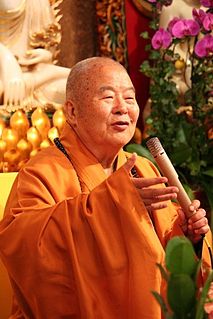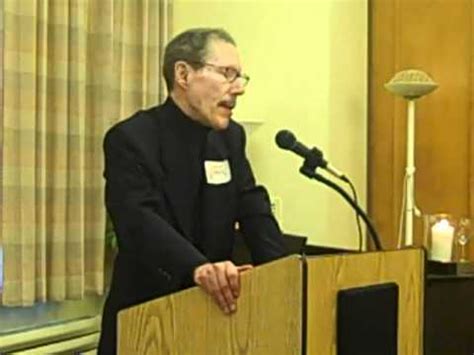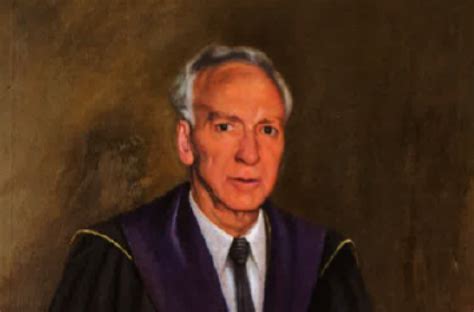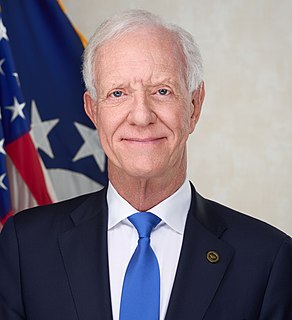A Quote by Charles Lindbergh
We must learn from the sermons of Christ, the wisdom of Laotzu, the teachings of Buddha.
Related Quotes
Tolerance is a form of generosity and it is a form of wisdom. There is nothing anywhere in the Dharma [Buddhist scriptures] that should ever lead anyone to become intolerant. Our goal as Buddhists is to learn to accept all kinds of people and to help all kinds of people discover the wisdom of the teachings of Shakyamuni Buddha
Dzogchen Ponlop Rinpoche has a remarkable ability to present the wisdom of the Buddha's teachings in a manner that is as fresh and accessible as it is profound. With Rebel Buddha, he goes straight to the core of the spiritual path, showing how the Buddha's liberating insights transcend race, religion, and culture. This book is sure to provoke, inspire, and move us one step closer to creating a thoroughly modern approach to spirituality.
When I said that I am the Buddha, the Christ, the Lord Maitreya, and more, it was not a question of superiority or inferiority. I added that phrase 'and more' very carefully, because I knew that people had a very limited understanding of the Buddha and the Christ, and hence if I said: 'I am the Christ, the Buddha', they would limit that Reality to their own conceptions of the Buddha or the Christ, and Life has no limit.
The Buddha’s principal message that day was that holding on to anything blocks wisdom. Any conclusion that we draw must be let go. The only way to fully understand the bodhichitta teachings, the only way to practice them fully, is to abide in the unconditional openness of the prajna, patiently cutting through all our tendencies to hang on.
Americans' deepest religion is often equality. The notion that Christ alone is God-superior, authoritative, supernatural-and that Christ's teaching and person is far greater than Buddha's, or Muhammad's, or Moses's, no matter how much great and good wisdom may be contained in those others, is scandalous.
The Four Reliances. First, rely on the spirit and meaning of the teachings, not on the words; Second, rely on the teachings, not on the personality of the teacher; Third, rely on real wisdom, not superficial interpretation; And fourth, rely on the essence of your pure Wisdom Mind, not on judgmental perceptions.
Eight Mindful Steps to Happiness is the perfect companion to Mindfulness in Plain English. Written with the thoroughness and the masterful simplicity so characteristic of his teaching, Bhante Gunaratana presents essential guidelines for turning the Buddha's teachings on the Eightfold Path into living wisdom.
For many years, I have kept in my office an ink drawing of two smiling figures with their arms around each other: Jesus Christ and Gautama Buddha, with the caption: "Jesus and Buddha must be very good friends." They are not the same, but they are friends, not enemies, and they are not indifferent to one another.
Christ remains the most influential figure in history. Any list of world-transforming individuals would no doubt include Moses, Buddha, and Muhammad. Moses, Buddha, and Muhammad, however occupy totally different places in Judaism, Buddhism, and Islam than Christ occupies in Christianity. Moses, Buddha, and Muhammad never professed to perform miracles; indeed they never claimed to be anything more than men. They viewed themselves simply as God's messengers. Christ is the only person in history who has defined a whole religion around his person.




































